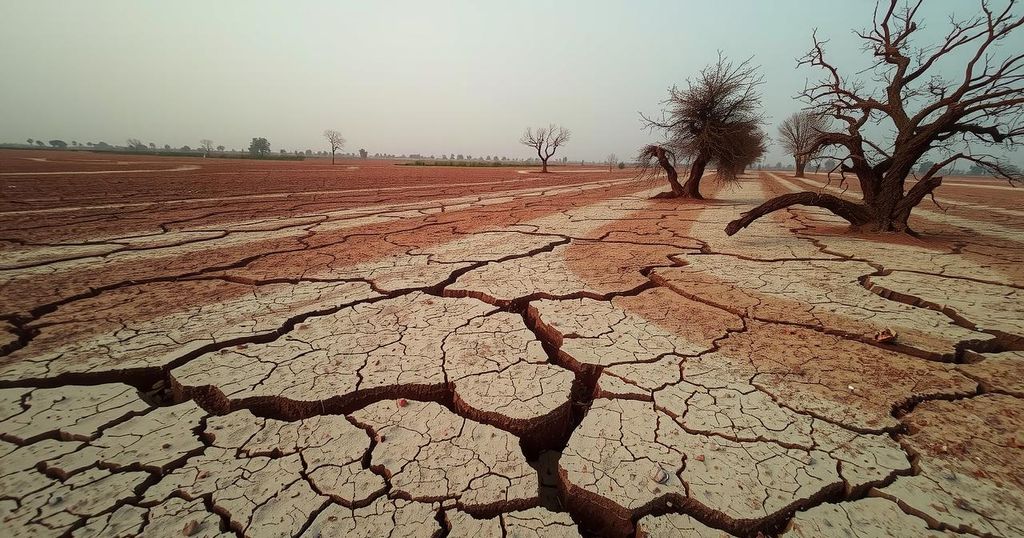Sudan currently faces one of the world’s worst humanitarian crises, marked by extreme famine and widespread violence. The U.S. government’s reduction in humanitarian aid and failure to confront foreign support for militia groups have worsened the situation. Refugee testimonies reveal harrowing experiences, highlighting the urgent need for renewed humanitarian intervention.
The humanitarian tragedy unfolding in Sudan, characterized by famine, civil war, and extensive atrocities, is now reportedly the world’s gravest crisis, with the United States officially designating it as genocide. Over 11 million Sudanese have been displaced, with numerous fatalities and horrific acts of violence against vulnerable populations, including children.
The Trump administration’s reduction of humanitarian support has exacerbated the situation, intensifying food shortages. Both the Trump and Biden administrations have failed to hold the United Arab Emirates accountable for its support of the Rapid Support Forces, a militia implicated in widespread violence and sexual assault against civilians.
During a recent visit to the Sudanese-South Sudanese border, I interviewed refugees who highlighted the dire conditions they faced. One such refugee, Musa Ali, experienced a tragic journey after losing his legs and home due to the conflict. He recounted how financial support from family members was critical in preventing starvation during this harrowing time.
Teachers Yassin Yakob and Sabah Mohammed also shared their experiences, indicating that the lack of food along their escape route led to numerous deaths. The dire shortage of humanitarian kitchens, once supported by American funding, has resulted in the closure of many, leaving countless families without sustenance and contributing to a growing death toll from famine.
Manal Adam, a survivor of the Darfur genocide, expressed her anguish at the renewal of violence and sexual attacks, reflecting the cyclical nature of this humanitarian crisis. Despite seeking refuge in South Sudan, she continues to suffer from the aftermath of her trauma and the stigma associated with her experience.
Conditions continue to deteriorate for many refugees, with critical shortages of medical assistance reported in camps such as Zamzam, where over half a million people are trapped. The widespread apathy in the U.S. could be viewed as complicity, as historical interventions that had previously mitigated the violence are no longer in effect.
The current U.S. stance towards Sudan, characterized by reduced aid and silence on pivotal issues like foreign involvement, starkly contrasts with America’s proactive efforts in the past, raising concerns about moral responsibility amidst an evolving humanitarian crisis.
The situation in Sudan represents a significant humanitarian crisis that has escalated due to reductions in aid and lack of accountability for perpetrators of violence. As the number of displaced individuals and victims continues to grow, the striking contrast between past U.S. humanitarian efforts and current inaction raises critical moral questions. The call for renewed awareness and intervention is essential to relieve suffering and potentially stem the escalating violence in the region.
Original Source: www.nytimes.com




